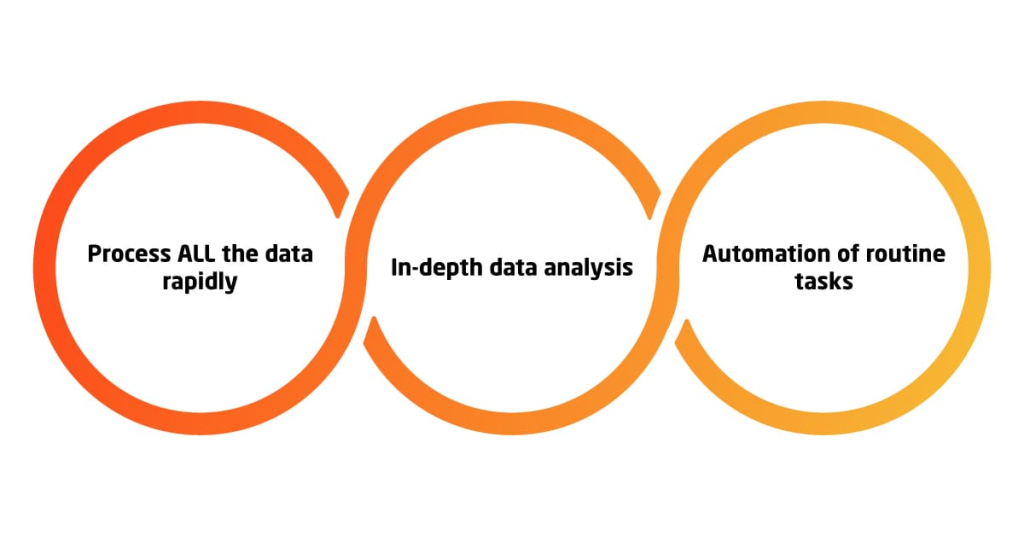Upgrade & Secure Your Future with DevOps, SRE, DevSecOps, MLOps!
We spend hours scrolling social media and waste money on things we forget, but won’t spend 30 minutes a day earning certifications that can change our lives.
Master in DevOps, SRE, DevSecOps & MLOps by DevOps School!
Learn from Guru Rajesh Kumar and double your salary in just one year.

Are you tired of the same old DevOps processes? Do you want to take your DevOps game to the next level? If so, you may want to consider incorporating AiOps into your DevOps practices. But what exactly is AiOps, and how can it benefit your DevOps team? In this article, we will explore the ins and outs of AiOps and how it can revolutionize your DevOps processes.
What is AiOps?
AiOps, or Artificial Intelligence for IT Operations, is the integration of artificial intelligence and machine learning into DevOps practices. Essentially, AiOps allows for the automation of various IT tasks and processes, making them more efficient and effective. With AiOps, DevOps teams can streamline their workflows, identify and resolve issues faster, and improve overall performance.
The Benefits of AiOps in DevOps
There are numerous benefits to incorporating AiOps into your DevOps practices. Some of the most notable benefits include:
Improved Efficiency
AiOps can automate many of the manual tasks involved in DevOps, such as monitoring and troubleshooting. This can significantly improve efficiency and reduce the workload of DevOps teams.

Faster Issue Resolution
With AiOps, issues can be identified and resolved faster than ever before. AiOps can analyze vast amounts of data and identify patterns and anomalies that humans may miss. This allows DevOps teams to identify and resolve issues before they become major problems.
Improved Performance
By automating various IT tasks, AiOps can improve overall performance. With AiOps, DevOps teams can focus on more strategic tasks, such as improving system architecture and user experience.
How to Incorporate AiOps into Your DevOps Practices
Incorporating AiOps into your DevOps practices may seem daunting, but it doesn’t have to be. Here are some steps you can take to incorporate AiOps into your DevOps workflows:
Step 1: Identify Use Cases
The first step in incorporating AiOps into your DevOps practices is to identify potential use cases. Consider areas where automation could improve efficiency and performance, such as monitoring and troubleshooting.

Step 2: Choose the Right Tools
Once you have identified potential use cases, you will need to choose the right tools for the job. There are numerous AiOps tools available, so be sure to choose one that aligns with your specific needs and goals.
Step 3: Implement and Test
After selecting your AiOps tools, it’s time to implement and test them. Start with small, low-risk use cases and gradually scale up as you become more comfortable with the technology.
Step 4: Monitor and Optimize
Once you have incorporated AiOps into your DevOps workflows, it’s important to monitor and optimize your processes. Continuously evaluate your workflows and look for ways to improve efficiency and performance.
Conclusion
Incorporating AiOps into your DevOps workflows can have a significant impact on efficiency, issue resolution, and overall performance. By following the steps outlined in this article, you can successfully incorporate AiOps into your DevOps practices and take your DevOps game to the next level. So what are you waiting for? Give AiOps a try and see the benefits for yourself!